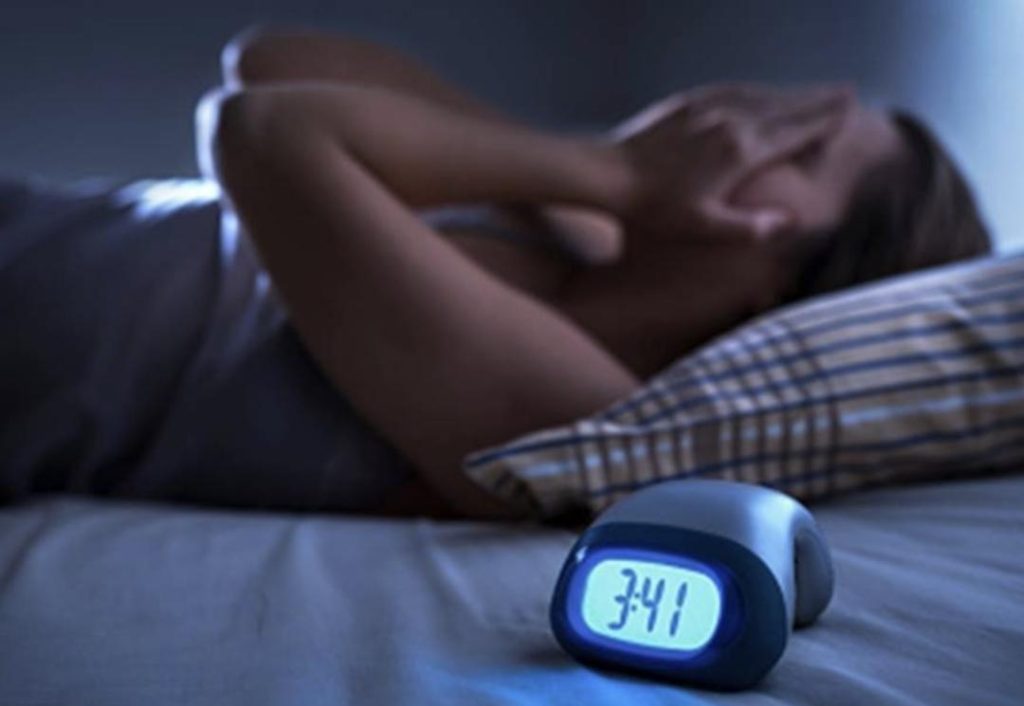
What Happens to the Body When One Doesn’t Get Enough Sleep?
Sleep is an essential aspect of our daily lives. It plays a crucial role in our physical and mental well-being, and its importance cannot be overstated. When we don’t get enough sleep, our bodies undergo significant changes that can have a profound impact on our overall health. In this blog post, we will explore what happens to the body when one doesn’t get enough sleep.
Fatigue and Low Energy
One of the most common symptoms of sleep deprivation is fatigue and low energy. When we don’t get enough sleep, our bodies become exhausted, making it difficult to perform even the simplest of tasks. This fatigue can be debilitating, making it challenging to complete day-to-day activities. In addition to fatigue, sleep deprivation can also lead to decreased motivation and a general feeling of being rundown.
Excessive Sleepiness
Another common symptom of sleep deprivation is excessive sleepiness. When we don’t get enough sleep, our bodies crave rest and can make us feel like we’re going to fall asleep at any moment. This excessive sleepiness can be particularly problematic, especially when we need to be alert and focused. For example, driving a car or operating heavy machinery while feeling sleepy can be extremely dangerous.
Stumbling and Coordination Issues
Sleep deprivation can also affect our physical coordination and balance. When we don’t get enough sleep, our brains struggle to process information, leading to stumbling and coordination issues. This can be particularly problematic, especially when we’re engaging in physical activities that require coordination and balance, such as playing sports or dancing.
Mental Health Issues
Sleep deprivation can also be a symptom of mental health issues such as depression, anxiety, and stress. When we’re struggling with mental health issues, it can be difficult to get a good night’s sleep, leading to a vicious cycle of sleep deprivation and mental health issues.
Neurological Disturbances
Sleep deprivation can also cause neurological disturbances such as blurred vision, memory lapse, and poor reaction time. When we don’t get enough sleep, our brains struggle to process information, leading to difficulties with memory, attention, and reaction time. This can be particularly problematic, especially when we’re trying to complete tasks that require focus and attention.
Cognitive Impairment
Sleep deprivation can also cause cognitive impairment, making it difficult to think clearly and make sound decisions. When we’re sleep-deprived, our brains struggle to process information, leading to difficulties with problem-solving, decision-making, and memory.
Physical Health Risks
Sleep deprivation can also have significant physical health risks. When we don’t get enough sleep, our bodies are more susceptible to chronic diseases such as diabetes, high blood pressure, and cardiovascular disease. Sleep deprivation can also weaken our immune systems, making us more vulnerable to illness and infection.
The Consequences of Sleep Deprivation
The consequences of sleep deprivation can be far-reaching and devastating. When we don’t get enough sleep, our bodies undergo significant changes that can affect our physical and mental well-being. Sleep deprivation can lead to fatigue, low energy, excessive sleepiness, stumbling, and coordination issues, as well as neurological disturbances, cognitive impairment, and physical health risks.
Conclusion
In conclusion, sleep deprivation can have significant consequences for our physical and mental well-being. When we don’t get enough sleep, our bodies undergo significant changes that can affect our ability to complete day-to-day tasks, our mental health, and our physical health. It’s essential to prioritize sleep and make it a priority in our daily lives. By getting enough sleep, we can improve our overall health, increase our energy levels, and enhance our cognitive function.
Source:
https://health.clevelandclinic.org/happens-body-dont-get-enough-sleep






